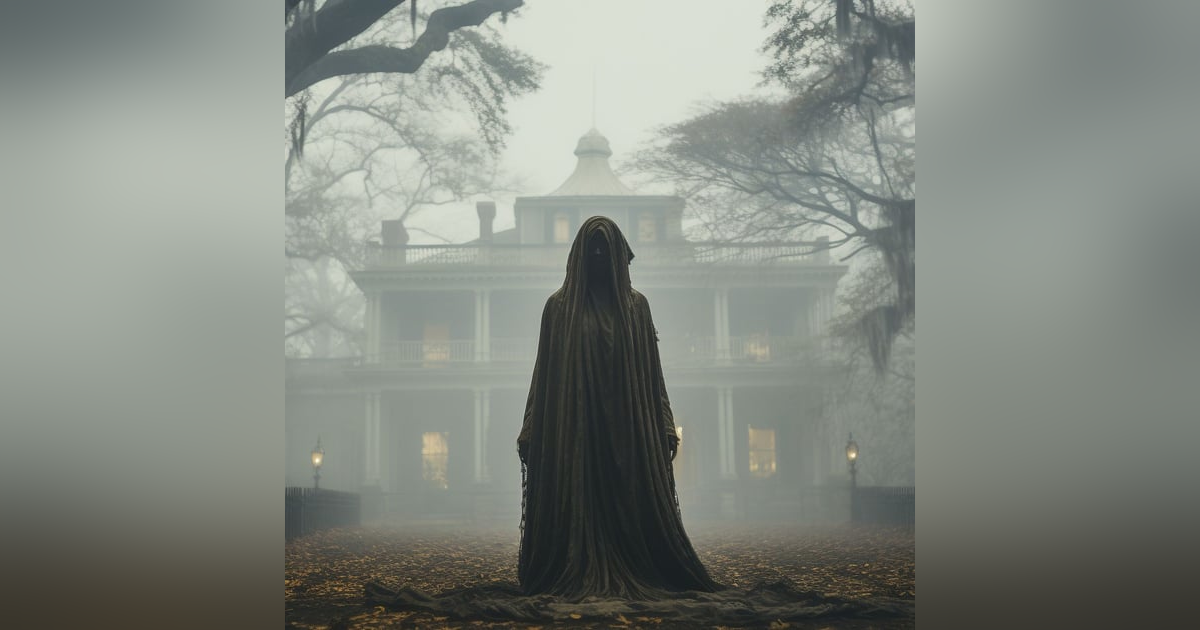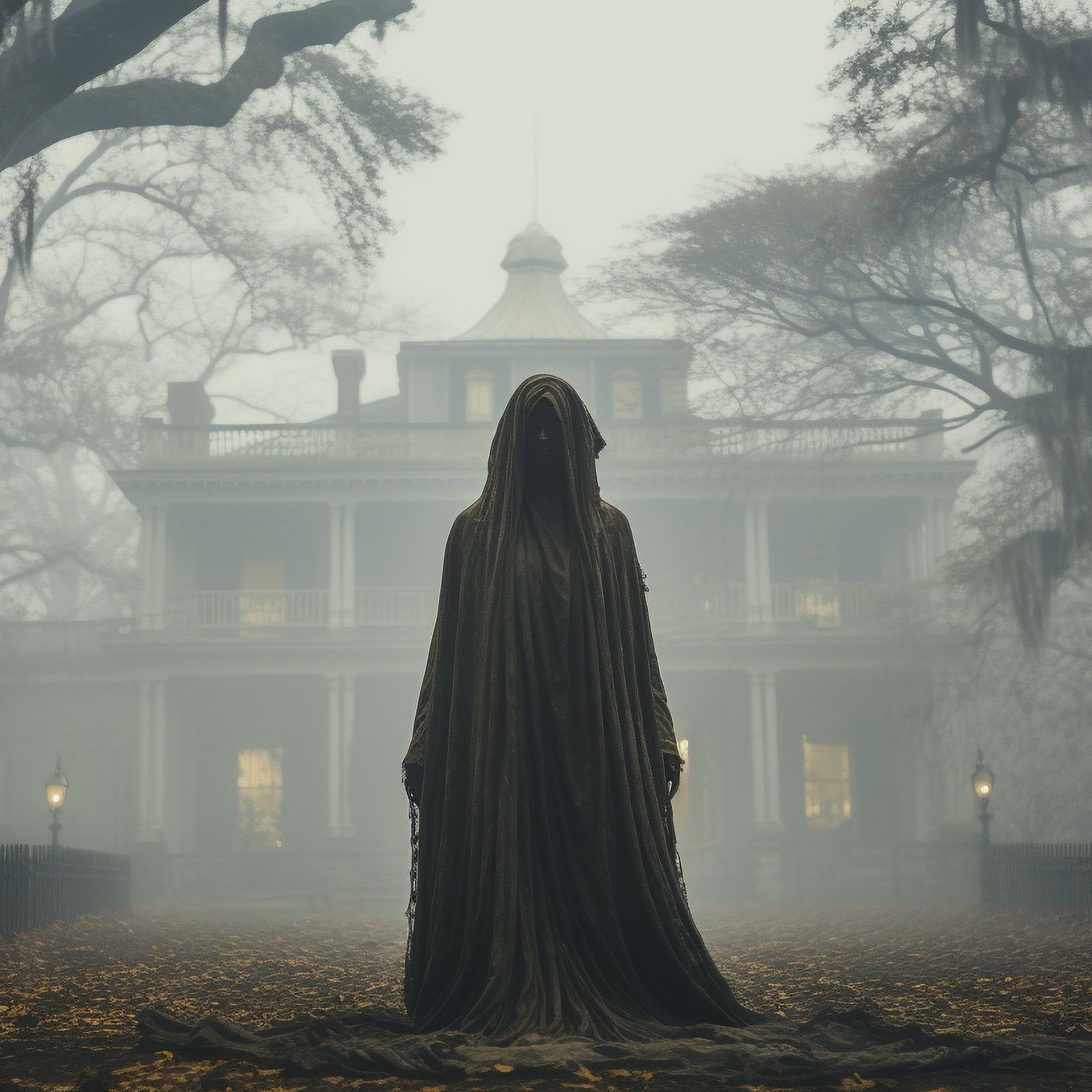S9: The Haunted Myrtles Plantation


Tonight, my special guest is author Rebecca Pittman who's here to discuss her book about the reported hauntings at The Myrtles Plantation. Get the book for your collection.
Welcome back to the haunted hallways of the Myrtles Plantation, in St....
Tonight, my special guest is author Rebecca Pittman who's here to discuss her book about the reported hauntings at The Myrtles Plantation. Get the book for your collection.
Welcome back to the haunted hallways of the Myrtles Plantation, in St. Francisville, Louisiana. Named The Most-Haunted Home in America, this 220-year-old antebellum plantation plays host to guests from around the world...and "other worlds." Her moss-laden trees have witnessed it all--from murders to voodoo, pirates to poison, slavery and the Civil War.With new photos, history, and today's ghost stories, this 2nd Edition issue will invite you to peek through her upside-down keyholes and discover the secrets of the Myrtles Plantation.
More on the Myrtles Plantation:
Sited on a hill, the eastward-facing frame house, which features a clapboard exterior, is built in the Creole cottage style that characterized many Louisiana plantation houses in the 19th century. The original house was built in 1796 and featured six bays and three dormers on the roof. In the mid-1850s, the one-and-a-half-story house was extended south, almost doubling its size, and increased to nine bays including a new double door entrance. The entry doors are surrounded with a transom and sidelights, showcasing original hand-painted stained glass, etched and patterned after the French cross to allegedly ward off evil. The main feature of the Myrtles is the 125-foot-long veranda that extends the entire length of the façade, and wraps around the southern end of the house. The ornamental cast-iron railing, with an elaborate grape-cluster design, supports a broad Doric entablature, and on the gabled roof, with six brick chimneys, are two large double-paned, pedimented dormers with Doric style pilasters, interspersed with three single-paned dormers. When the original roof of the house was extended to encompass the new addition, the existing dormers were copied to maintain a smooth line. The west facing rear façade features a central, open loggia that is enclosed on three sides by the house, and on the roof are five pedimented dormers identical to the front.
The Myrtles has 22 rooms spread over two floors. The spacious entry hall runs the length of the house and features faux-bois, open pierced friezework molding, a French Baccarat crystal chandelier weighing more than 300 pounds and a cantilevered staircase. The flooring and most of the windows in the house are original. To the left of the hall is the music room that is adjacent to the only bedroom found on the first floor. The principal rooms of the house are found to the right of the hall. The walls of the original house were removed and repositioned to create four large rooms that were used as identical ladies and gentlemen's parlors, a formal dining room and a game room. The two parlors feature Carrara marble mantles in the Rococo Revival-style on the north and south walls, and are crowned with elaborate plaster cornices and ceiling medallions, made from a mixture of clay, Spanish moss and cattle hair, with no two being the same.
The second floor features five bedrooms with en-suite bathrooms. The largest bedroom, known as the Judge Clarke Woodruff Suite, is the only room that is accessed by the main staircase in the entry hall. The remaining four bedrooms, that are separated by a common sitting room, are accessed by a staircase that ascends from the rear loggia. The floor of these bedrooms were raised one foot when the house was renovated, as the addition had higher ceilings than the original house.









